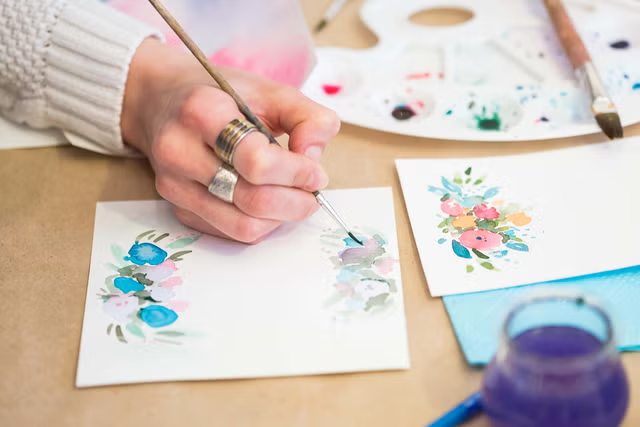When it comes to skin care, it's easy to feel overwhelmed as we are constantly bombarded with an ever-changing circus of lotions and potions, each promising to transform our skin and change our lives.
A quick search on social media would suggest that at least 10 different products are required morning and night to keep up a healthy complexion. But what products do you actually need in your daily routine, and which steps can you skip out?
Newsweek spoke to board-certified plastic surgeon and skin specialist, Dr. Dhivya Srinivasa, to find out.
"Skincare products are topicals, meaning they must be absorbed through your skin," Srinivasa told Newsweek. "If you have a 10-step skin care routine, it is highly unlikely all of those ingredients are being absorbed at an effective level."
Some products may also be more effective at different times of day, or may be just as effective if only used a couple of times a week. For example, retinol is best used at night as it can increase our skin's sensitivity to the sun and is often recommended for use every other day.
With that said, there are two skin care steps that Srinivasa never skips:
- Cleanser—"I never skip removing makeup before bedtime. It is not necessary to cleanse in the morning, but going to bed with makeup on your face is a set up for failure regardless of whatever else you may use for your skin.
- Sun protection—"I use SPF [sun protection factor] daily regardless of my plans for the day [as] facial aging is significantly accelerated by UV damage. If you do nothing else, no singular product will prevent skin aging better than SPF."
If you do choose to include more targeted treatments, like retinol or salicylic acid, it's important that you balance these with products that help retain your skin's natural moisture. "I have a lot of patients that have jumped on the retinol bandwagon, but feel they aren't seeing the effects," Srinivasa said. "This issue is often a lack of balance.
"Retinol helps with cellular turnover and resurfacing. Accordingly, it can be very drying. It is important to balance such ingredients with products that restore and maintain moisture and the skin barrier. The same can be seen with aggressive addition of AHAs [a chemical exfoliant] to a regimen, without the added balancing components of humectants [skin hydrators like hyaluronic acid and glycerin] that help restore and maintain moisture."
Ultimately, Srinivasa says that flawless skin cannot be achieved overnight. "Skincare is a long-term game," she said. "Don't pack on too many products hoping for improvement in everything. Instead, prioritize your concerns and set reasonable goals in reasonable time frames. Allow three months to see meaningful results."
And, when it comes to buying new products: "Expensive doesn't always mean better. Use what works for you."
Is there a health problem that's worrying you? Let us know via health@newsweek.com. We can ask experts for advice, and your story could be featured in Newsweek.
Disclaimer: The copyright of this article belongs to the original author. Reposting this article is solely for the purpose of information dissemination and does not constitute any investment advice. If there is any infringement, please contact us immediately. We will make corrections or deletions as necessary. Thank you.



